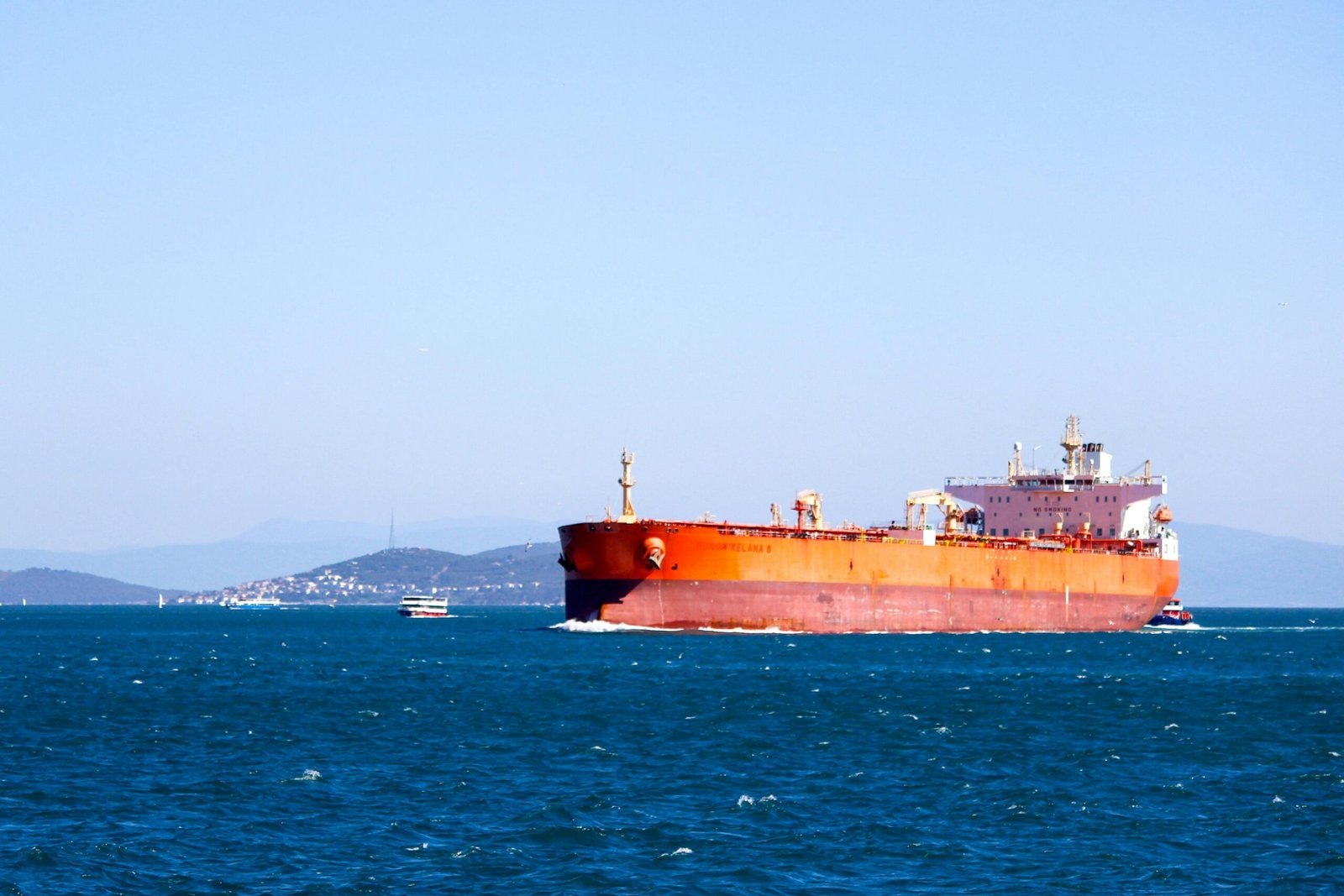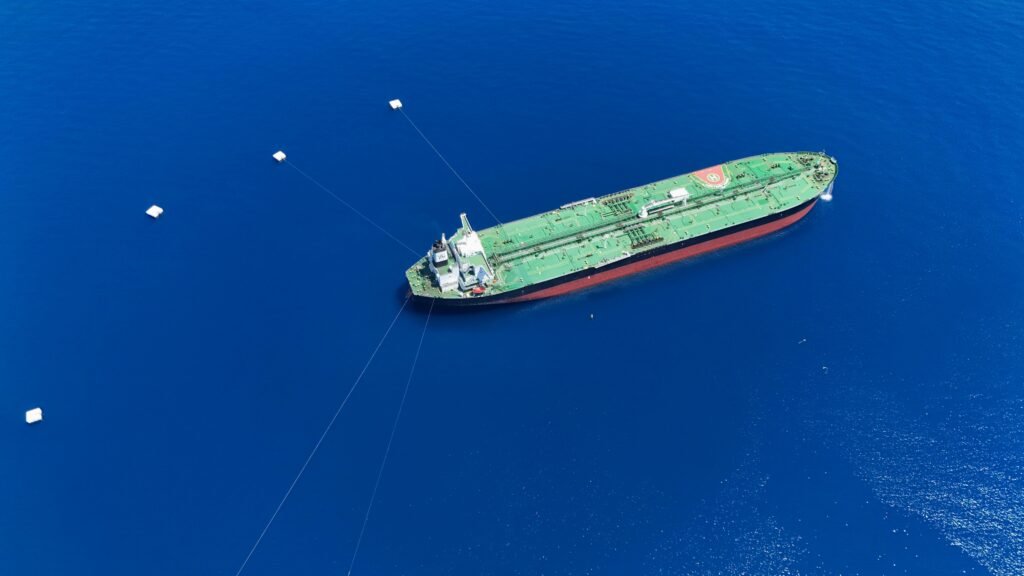Sildocom Ship Management Group

Our Expertise in Tanker Ship Management
The global marine services industry relies heavily on efficient and reliable tanker ship management. These specialized vessels transport a wide range of liquid cargo, from crude oil and refined petroleum products to liquefied natural gas as well as chemicals. These cargoes provide a vital supply chain of products that sustains commercial and industrial processes worldwide.
As a progressive ship manager, we continuously strive to improve in our processes and systems to create a safe and efficient environment onboard which maximizes vessel efficiency and crew support.
Various oil majors have reviewed our updated Tanker Management & Self-Assessment (TMSA). We understand that commercial uptime is crucial to meet our ship owners’ financial goals, and our focus on continual inspection readiness is reflected in our records. Preparations for vetting inspections are a continuous process of engaging with ship staff and conducting pre-vetting sailing visits to support the onboarding team in achieving the best result for the vessel and the ship owners. We strive for excellence in our vessel performance during SIRE inspections.
Crude Oil Tankers: Oil tankers transport crude oil, unrefined, and untreated products to refineries. These tankers carry up to 2 million barrels of oil, typically between continents, and have been a fixture as the giants of the seas in oil transportation since the 1960’s. They can also be used to store oil at sea in strategic locations where they are needed. Crude oil tankers are classified by size from Aframaxes of 115,000 DWT, Suezmaxes of 160,000 DWT to the larger VLCCs of 300,000 DWT and beyond.
Chemical Tankers: These ships are highly specialized and mostly rely on stainless steel tanks for cargo protection and tank cleaning.
Other Specialized Tankers: Specialized carriers require containment vats for slurry tankers transporting non-dispersible cargoes such as waste, and for tankers carrying specific liquid substances including liquefied hydrogen gas, juices, and wines
What does ship management do?
Ship management involves overseeing the daily operations, maintenance, and administration of ships. This includes ensuring vessels are in good condition, compliant with regulations, and safely operated. It also involves managing the crew, logistics, and safety procedures.
What do tanker ship carry?
- Tanker ship carry liquid cargoes such as crude oil, refined petroleum products (like gasoline and diesel), chemicals, liquefied natural gas (LNG), and other specialized liquids like vegetable oils and juices.


What is the difference between a tanker and a bulk carrier?
- Tankers are designed to carry liquid cargoes in bulk, such as oil and chemicals. Bulk carriers, also known as dry cargo ships, transport a wide variety of solid goods like coal, grains, and steel coils. Other goods, such as machinery and heavy equipment, are considered break bulk and are handled on purpose-built bulk carriers.
What is the function of a tanker ship?
According to Wikipedia, tanker ships are designed for bulk transportation or storage of liquids or gases. The main types of tankers include oil tankers (also known as petroleum tankers), chemical tankers, and gas tankers. Tanker ships are also used to transport various commodities such as vegetable oils, molasses, and wine.
If you are interested in learning more about our tanker ship management, please contact us today. We would be happy to discuss your specific needs and look forward to partnering with you.
Annie Steiner
CEO, Greenprint